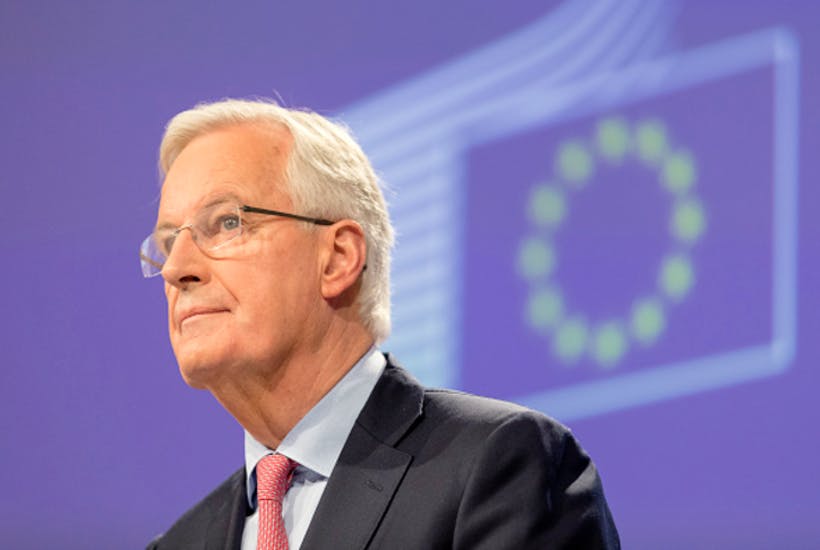Britain is no longer a member of the EU. Attention now shifts to what kind of trade agreement the EU and the UK are going to come to. I say in The Sun this morning, that the two sides are currently far apart—as we’ll see when the two sides set out their positions on Monday—and the negotiations are heading for a mighty smash.
The UK thinks that the EU doesn’t realise how much has changed over the last few months. They fear that the EU has not clocked that this will be a very different negotiation because Boris Johnson has a majority in parliament and wants a free trade deal, and nothing more.
One of those involved in preparing the government for the trade negotiations with the EU says that Michel Barnier’s comments in his various recent appearance indicate that he still thinks he can get the UK to sign up to various things—such as a role for the European Court of Justice—that it simply won’t. If this doesn’t change, then the talks are going to blow up almost as soon as they start in March.
Downing Street’s view is that they ‘won’t be asking the EU for anything that they haven’t done before’. So, there’s no justification for the EU demanding that the UK align with EU rules on state aid, environmental standards or anything else. If the EU try and insist on that, there just won’t be a trade agreement.
This government accepts that there’ll be ‘friction’ at the border, that trade with the EU will not carry on as seamlessly as before once we have left. Once you have accepted that, as one well informed government insider points out, there is not actually that much difference between a simple free trade deal and trading with the EU on World Trade Organisation terms. This means that the price for Boris Johnson of walking away from the talks is not that high.
The danger is that the EU thinks that Boris Johnson will, ultimately, take what they offer as Theresa May so often did. So, they won’t realise he means what he says, until it is too late. As one influential government source warns, ‘Even if there was perfect mutual comprehension there would still be a moment of profound difficulty’.
In a way, the blow up between the UK and the EU cannot come soon enough. It needs to happen before the two sides can start having a more realistic negotiation.







Comments